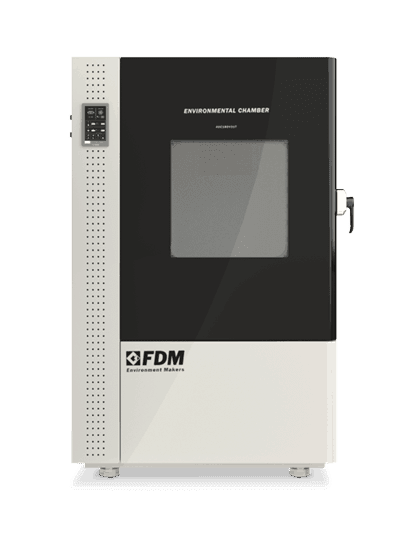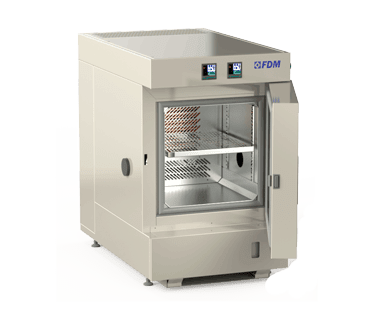
The technologies we surround ourselves with in everyday life are so complex that we rarely stop to think about how much care and study there is behind every single component.
Not only that: often these components are of such importance for the functioning of the whole that they have entirely dedicated test standards.
This is the case, for example, with the integrity test on automotive air conditioning hoses.
What are air conditioning hoses?
If we think of the hoses of an air conditioner, we immediately think of the one that brings out the water and air in common household air conditioners.
However, hoses also exist in cars' air conditioners where they work completely differently.
The flexible hoses are a fundamental part of the circuit that transforms the hot air inside the passenger compartment into cold air which is then re-emitted through the ventilation slots, indeed we could say that they are the circuit itself that connects every single component of the refrigeration system.
Without going into detail, these pipes carry one of two types of gas: the R1234YF gas or the R134A gas (now almost out of use for ecological reasons). These fluids are heated and cooled several times during the process, reaching extreme temperatures, before reaching the pleasant gaseous state of fresh air that we experience in our machine.
For this reason, the pipes that carry them must have specific characteristics that make them capable of performing the task.
Perform
Extreme Testing
Discover the new series of Environmental Chambers for controlled climate testing
The integrity test according to SAE J2064
The international standard SAE J2064 is the standard that regulates the integrity tests to be performed on automotive air conditioning hoses.
Climate tests play a fundamental role within the standard.
The flexible pipes, in fact, must satisfy two main conditions: on the one hand, to minimize the permeability to the refrigerant and to avoid contamination of the system; on the other hand, operate in the temperature range from -30 to 125 ° C.
The environmental chambers are the only tools that can guarantee these temperature ranges necessary to test the hoses in a climatic simulation that reproduces the real conditions of use.
You cannot find the ideal chamber for your test?
Create your own environment, according to any test requirement
The FDM environmental chamber for integrity testing on hoses
The FDM environmental chambers are the ideal tool for performing extreme temperature tests such as those required by SAE J2064 for the integrity test on automotive air conditioning hoses.
The FDM environmental chambers have a temperature range that goes from -70 ° C up to + 180 ° C and are able to program sudden temperature changes such as those that the flexible hoses inside the air conditioner circuit of our cars will encounter .
The certification is necessary for all manufacturers of components for the automotive sector who want to conform to international standards.
For further doubts and questions, please do not hesitate to contact us.
Would you like to receive a quote or do you have questions about the product?
Contact us to receive more information about this Product.



